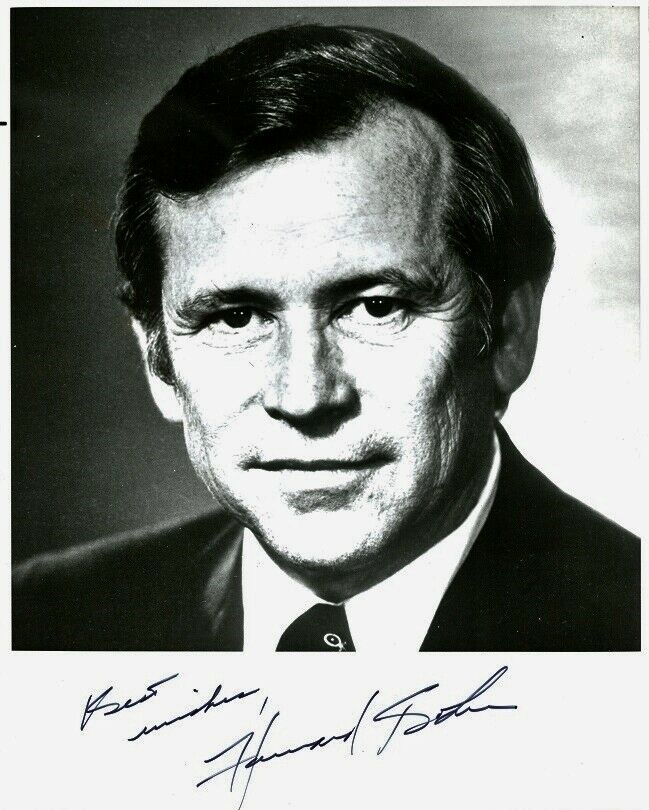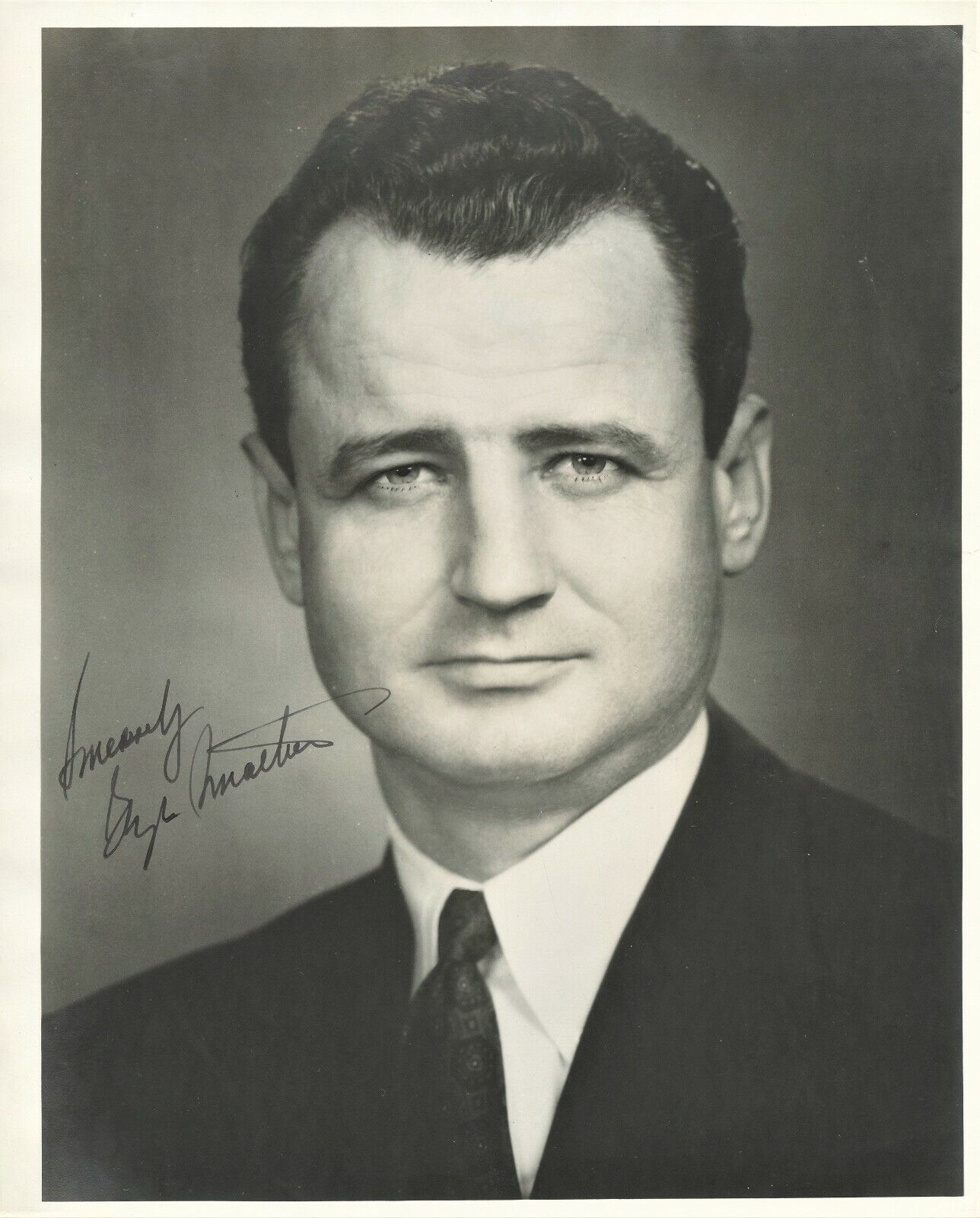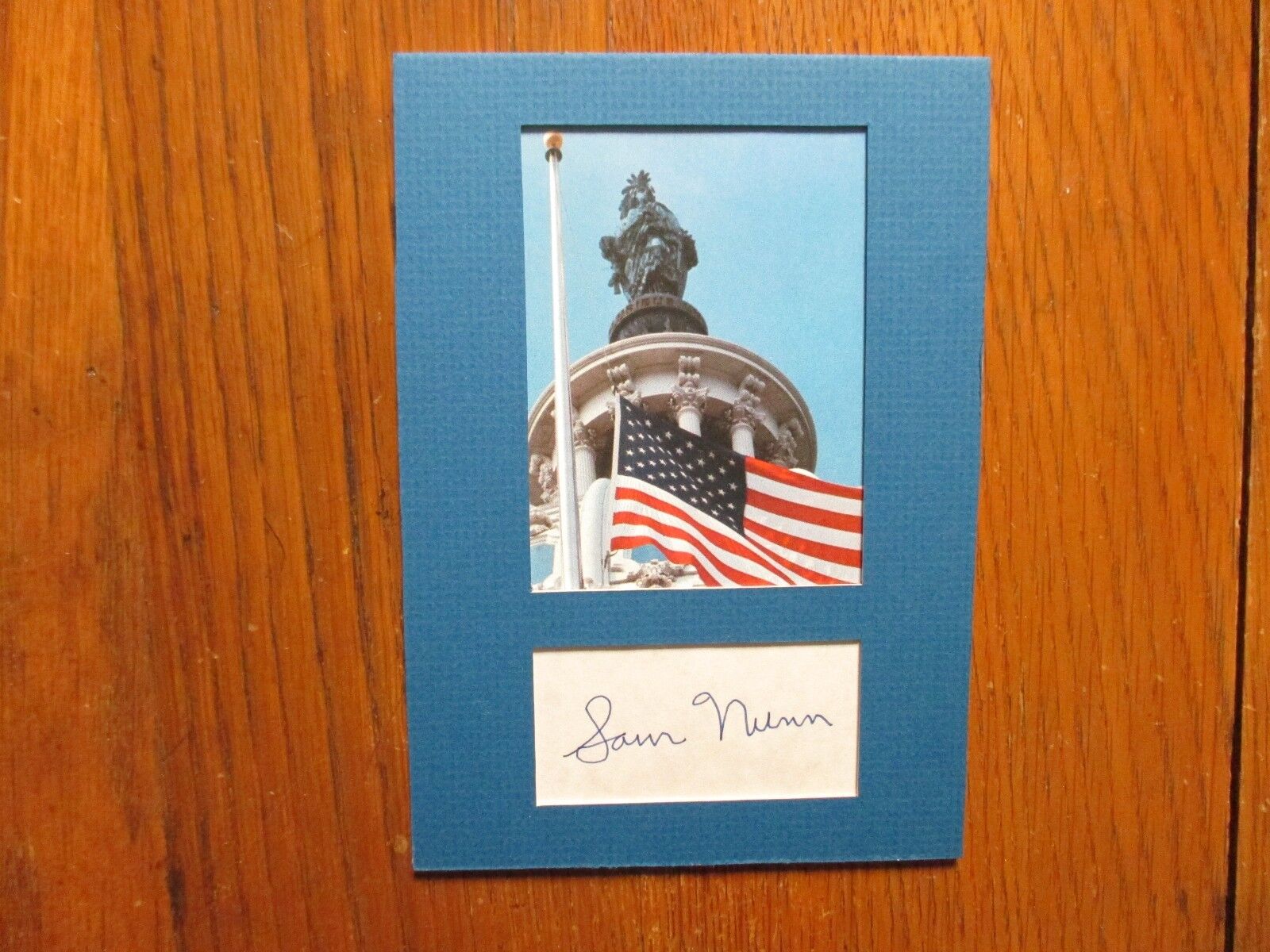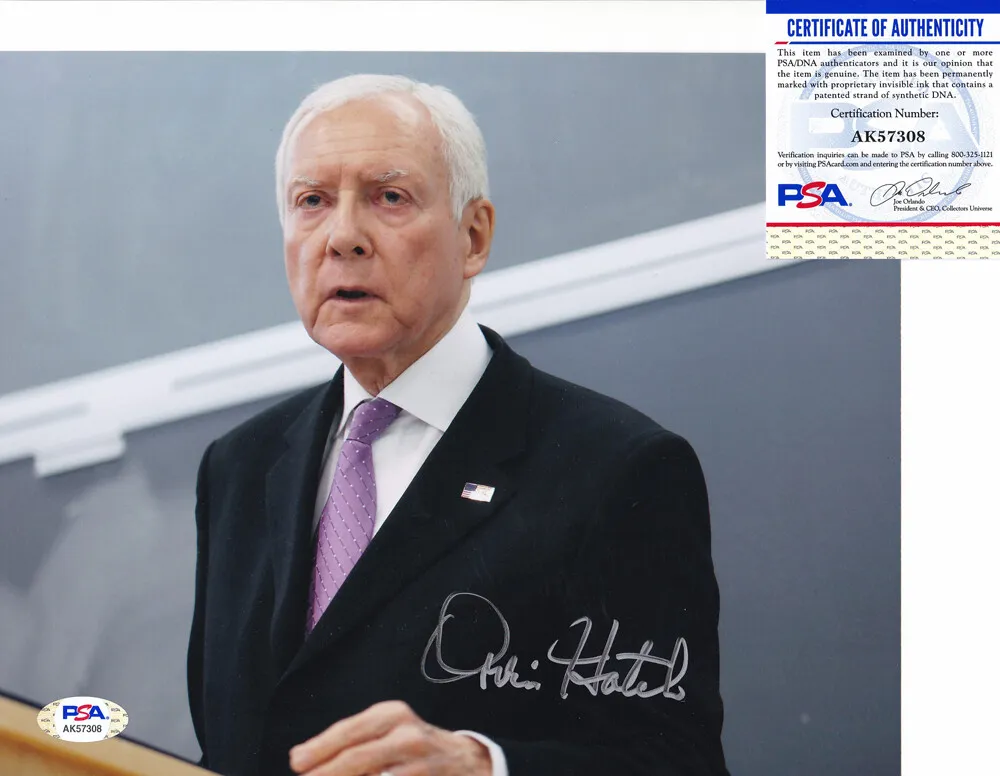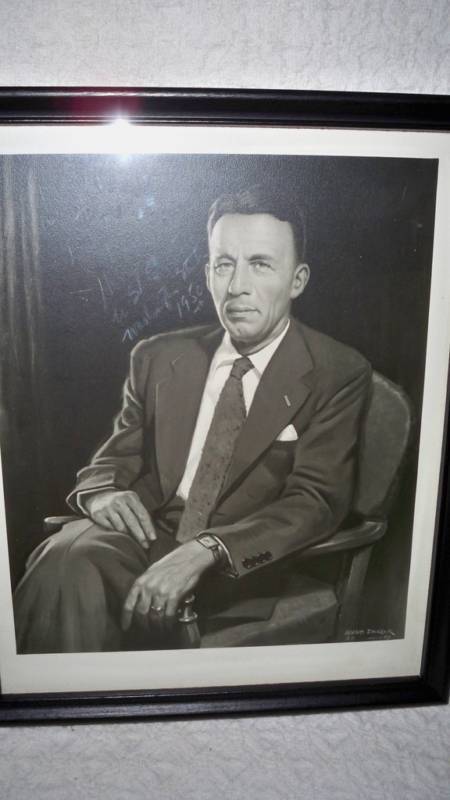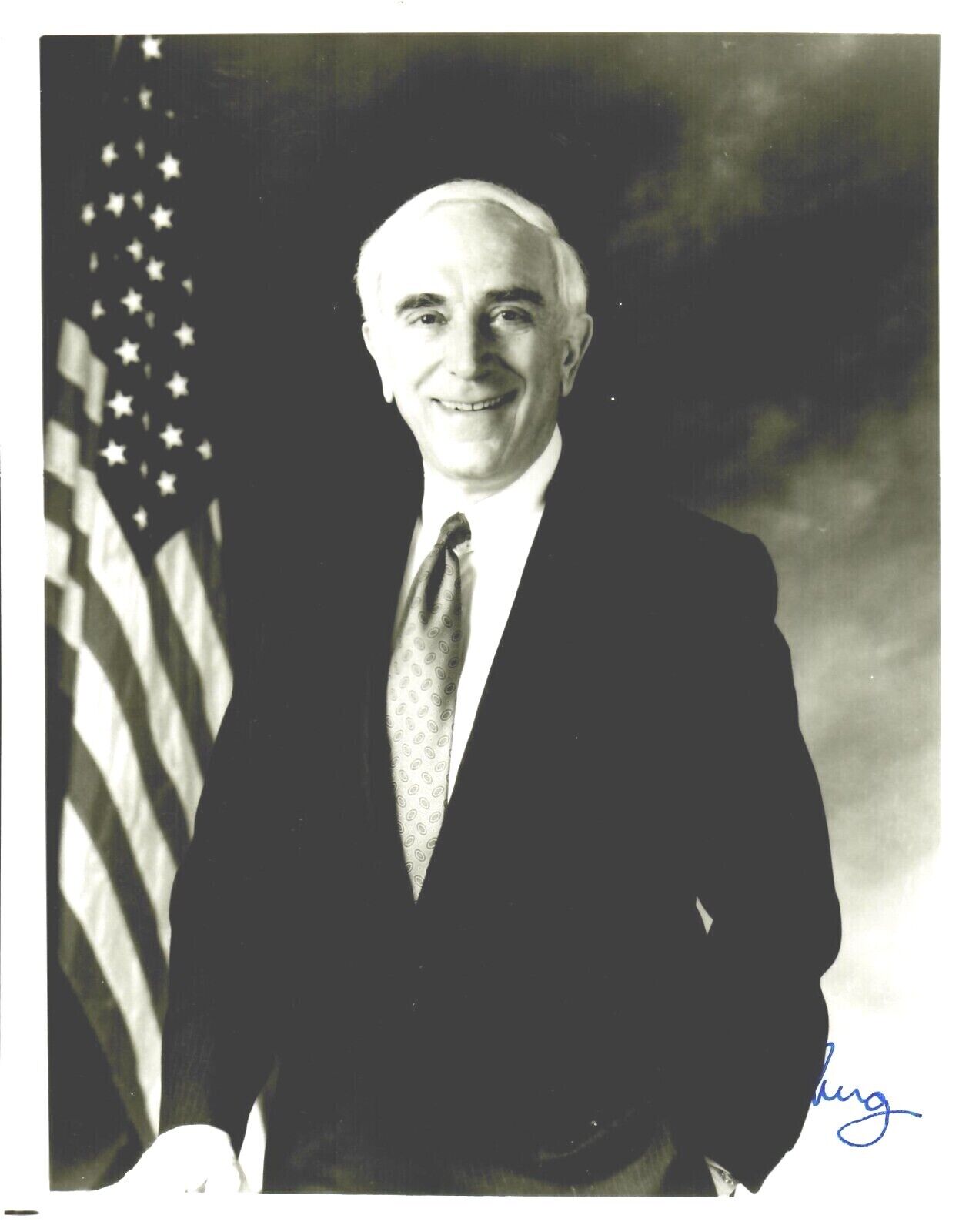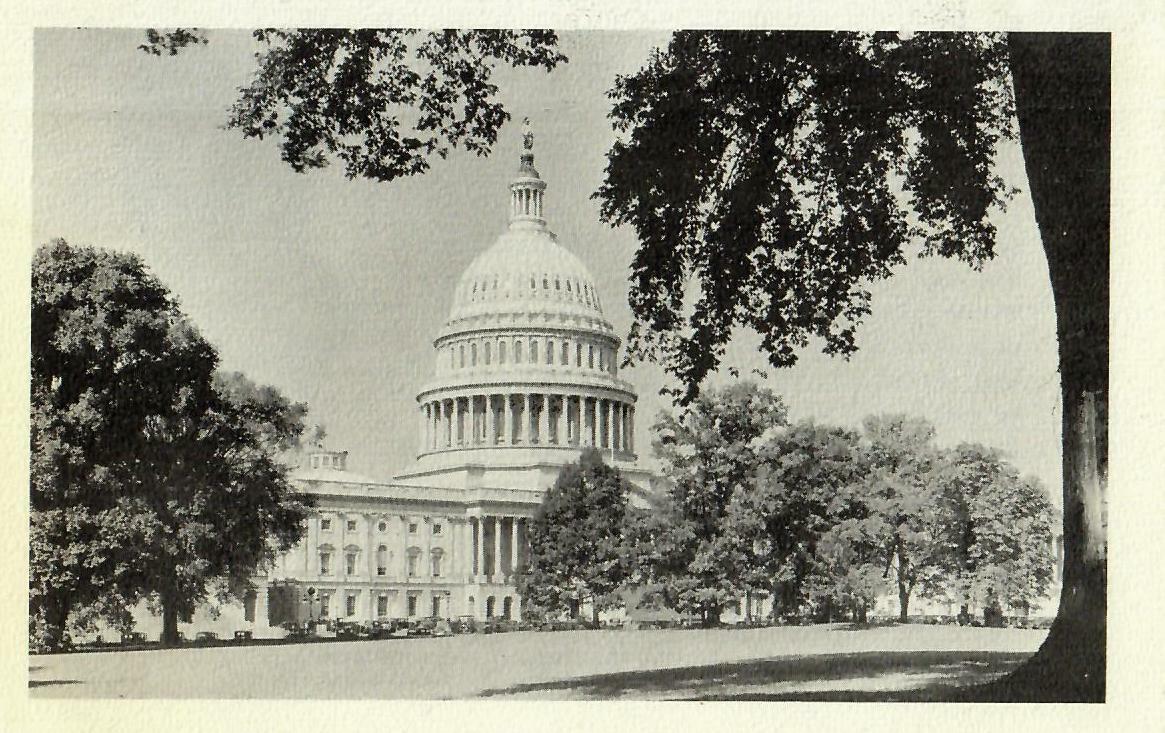-40%
"Wyoming Senator" Gale W. McGee Signed TLS Dated 1961 Todd Mueller COA
$ 21.11
- Description
- Size Guide
Description
Up for auction"Wyoming Senator" Gale W. McGee Signed TLS Dated 1961.
There is residual glue on the reverse of the document not affecting the signature.
ES-7878
Gale William McGee
(March 17, 1915 – April 9, 1992) was a
United States Senator
of the
Democratic Party
, and
United States Ambassador to the Organization of American States
(OAS). He represented
Wyoming
in the
United States Senate
from 1959 until 1977. To date, he remains the last Democrat to have represented Wyoming in the U.S. Senate. McGee was born in
Lincoln
,
Nebraska
, on March 17, 1915. He attended public schools, and had planned to study
law
in college, but was forced by the
Great Depression
to attend the
State Teachers College
in
Wayne, Nebraska
, instead. He graduated from the Teachers College in 1936, and worked as a high school teacher while studying for a master's degree in history at the
University of Colorado
. He continued as a college instructor at
Nebraska Wesleyan University
,
Iowa State College
, and
Notre Dame
. In 1946 McGee received his Ph.D. in history from the
University of Chicago
. Shortly after he received his Ph.D., McGee accepted a position as a professor of American history at the
University of Wyoming
. Soon after, he founded and served as chair of the University's Institute of International Affairs, which brought national dignitaries every summer through a Carnegie Foundation grant. Twenty-one teachers from Wyoming high schools were selected each summer to participate. For the next 12 years, the Institute brought international foreign policy thinkers such as
Eleanor Roosevelt
,
Hans Morgenthau
, and
Henry Kissinger
.
In 1952, McGee took a one-year leave of absence from the University of Wyoming to serve as a Carnegie Research Fellow in New York with the
Council on Foreign Relations
, where he was assigned to research the mysteries of Soviet intentions.
In 1956, because of the connections he made during his Carnegie fellowship, McGee led a group of teachers on a trip to the Soviet Union; it was the first trip of its kind.
Active in
Democratic Party
politics, McGee was asked to run for the
United States Congress
in 1950, but declined, saying he wanted to get more in touch with Wyoming and its people. In 1955–56 he took a leave of absence from the university to work as top aide to Wyoming Democratic Senator
Joseph C. O'Mahoney
. In 1958 McGee left the university to make his bid for the U.S. Senate, challenging incumbent
Frank A. Barrett
. He ran on a program of youth and new ideas. The race between McGee and Barrett attracted the attention of national party leaders on both sides. Senate Majority Leader
Lyndon Johnson
, Senator
John F. Kennedy
, Senator
Wayne Morse
of Oregon, Senator-elect
Edmund Muskie
of Maine, Congressman
Joseph M. Montoya
of New Mexico, and former President
Harry S. Truman
came to the state to support McGee, whose campaign slogan was "McGee for Me!".
Lyndon Johnson pledged that, if Wyoming sent McGee to Washington, he would appoint him to the prestigious Appropriations Committee.
Eleanor Roosevelt
even conducted a national fund-raising drive for him. Barrett received assistance from national leaders as well, including Vice President
Richard Nixon
. McGee ultimately defeated Barrett by a margin of 1,913 votes out of a total of 116,230 votes cast in the election.
He won the majority of the votes in seven of the 23 counties. These were the southern "
Union Pacific
" counties
Albany
,
Carbon
,
Laramie
,
Sweetwater
,
Uinta
)
Platte
, just north of
Cheyenne
, and
Sheridan
in the north. McGee won the endorsement of the Wyoming AFL-CIO Committee on Political Education (COPE) and the labor vote played an important part in the election.
He became a member of the
Democratic class of 1958
, which was elected in the middle of President Eisenhower's second term. After his victory McGee was appointed to the
Interstate and Foreign Commerce Committee
and Senate Majority Leader Johnson kept his promise and appointed him to the prestigious
Appropriations Committee
. McGee and his fellow Senate freshmen,
Thomas J. Dodd
and
Robert C. Byrd
, were the first freshmen ever to receive such an appointment.


